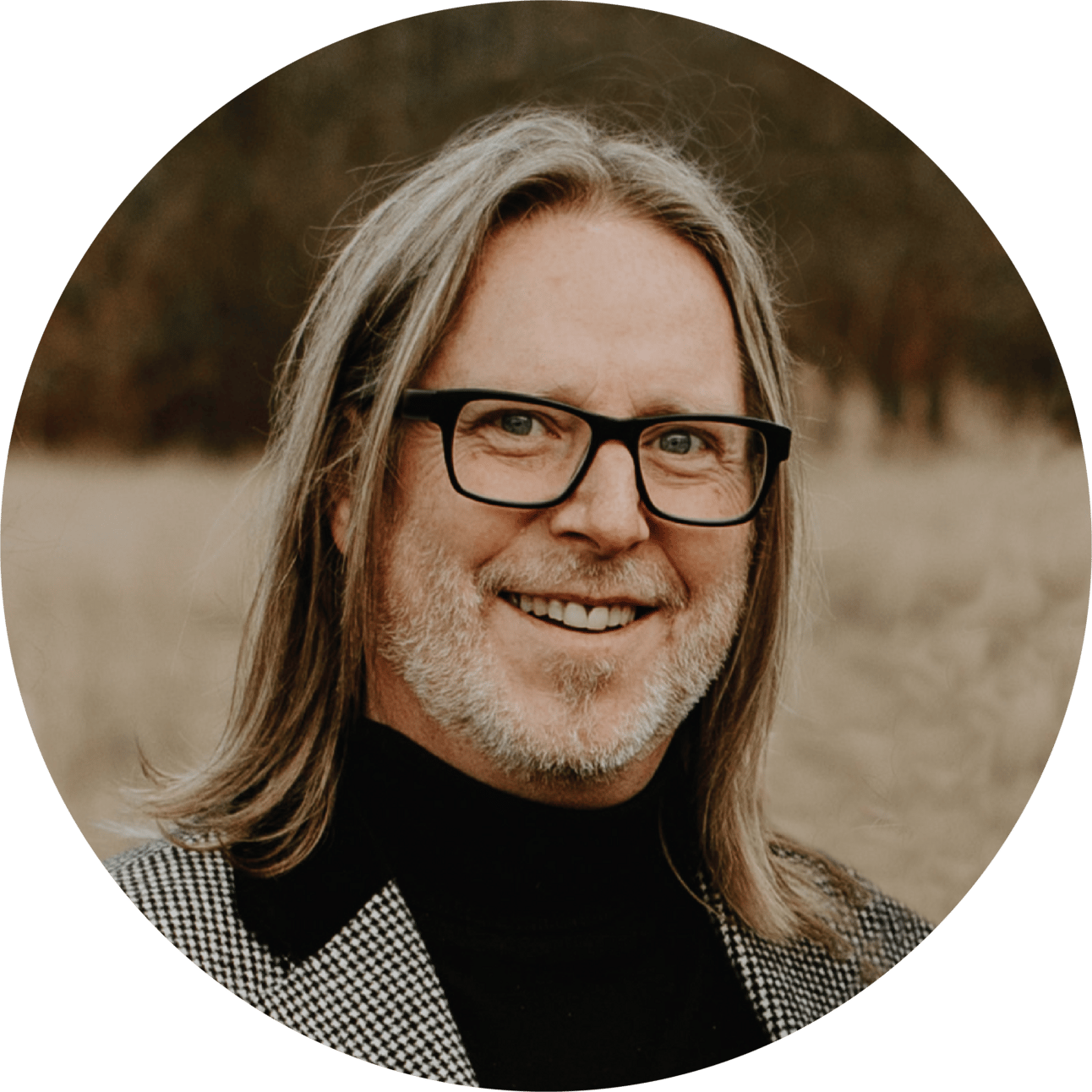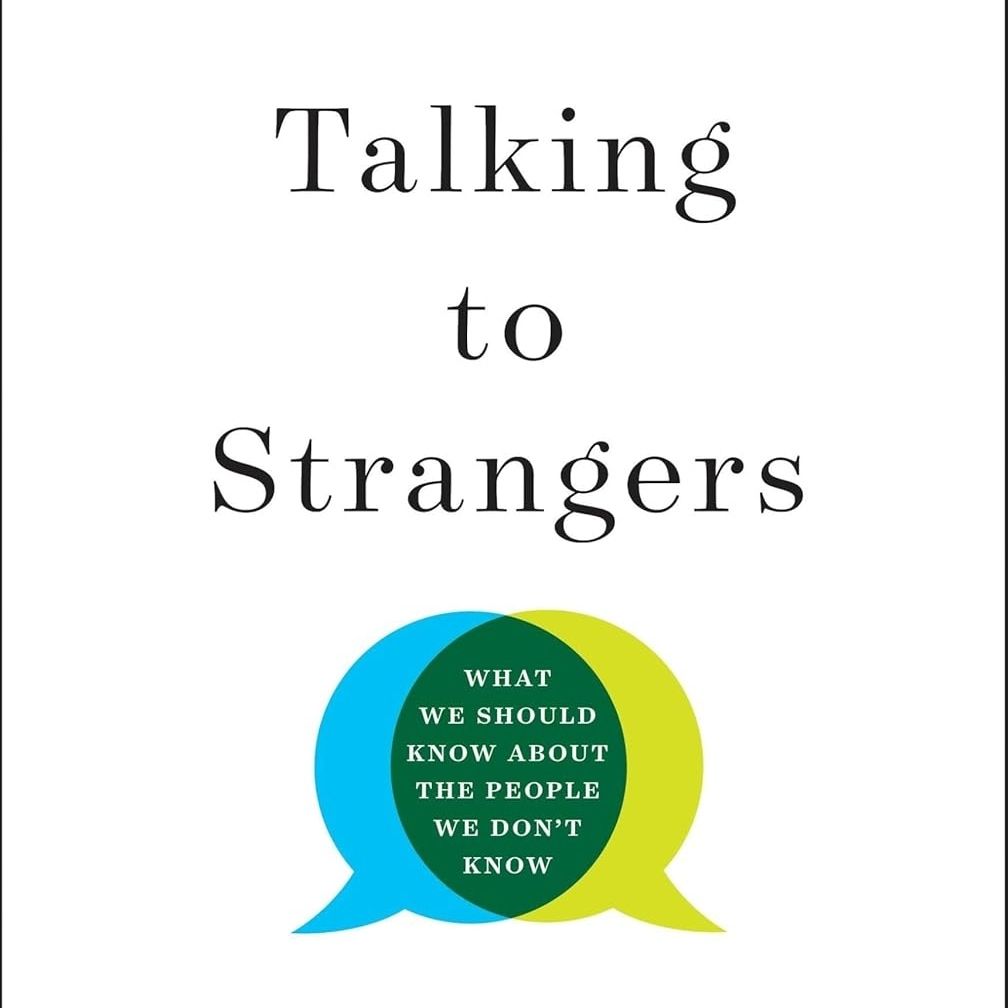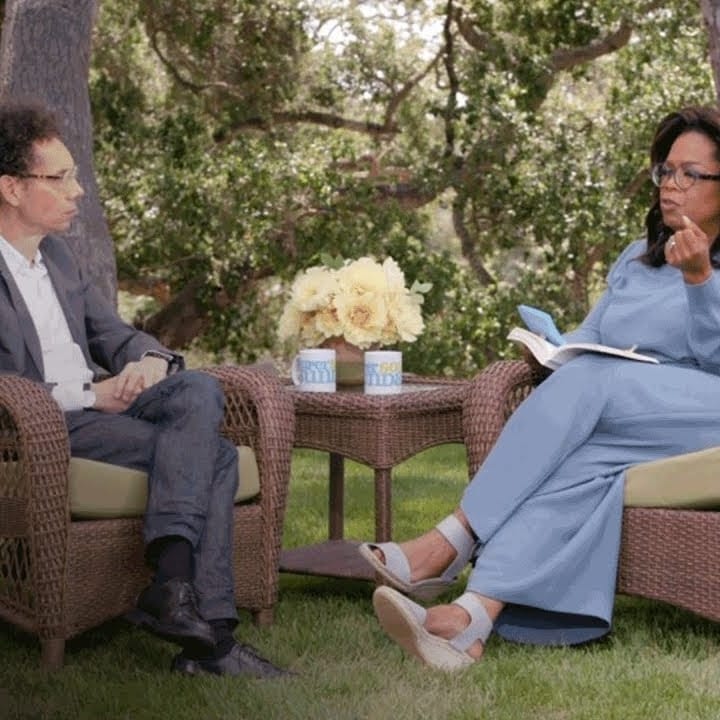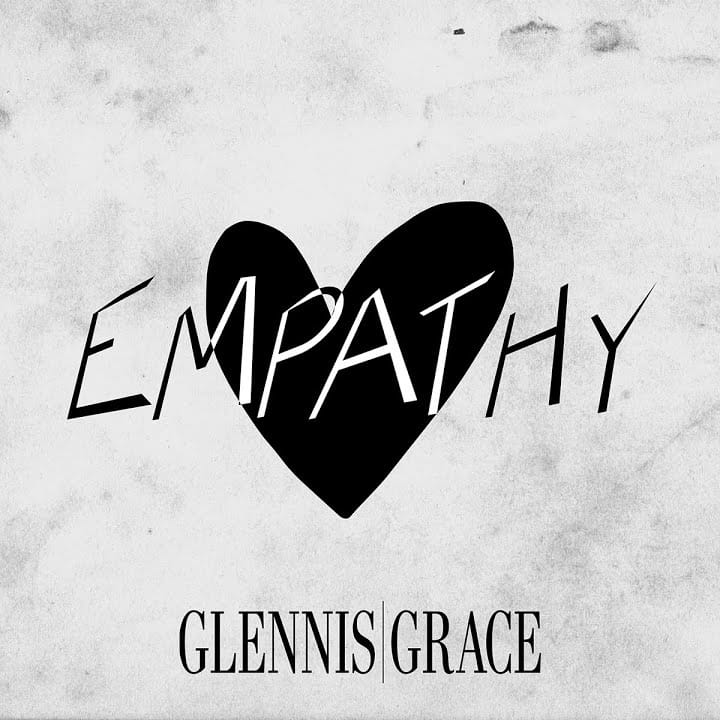You want to know what I think?
Of course you do. I mean, don't we all?
We want to know what people think of our hair, our choices, our kids, our work, our playlists.
But more than that, we want to have thoughts about them. We want to rank things—this better than that, her smarter than him, that couple obviously in denial.
We all do it—snap judgments, critical thoughts, silent comparisons.
But what if judgment isn't just a habit… But a form of self-protection we're finally ready to let go of—so our real selves can breathe, love, and live a little more freely?
A Judge In The House
I come from a long line of judges. Not the courtroom kind, but the dinner-table kind. The kind who could size someone up with a single glance, a passing comment, or a raised eyebrow.
It wasn't malicious. It was inherited. Normalized. Invisible, even.
Judgment wasn't just something we did—it was the air we breathed. A way of bonding, sorting, elevating. And I learned young how to wield it.
I judged the way people dressed.
I judged the music they listened to—especially if it didn't match my sense of “good taste.”
I judged entire worldviews based on a single quote or statement.
I judged someone's intelligence by how they held a conversation—or didn't.
I judged people who judged people (which, yes, I'm aware, is its own circle of irony).
And most of all, I judged people who didn't “believe” the way I did—because I was certain I had the truth, and they were just… off.
Most of it stayed tucked safely inside my head. I wasn't unkind. I was just... aware. Discerning. Sophisticated. (Which is fancy talk for “a little smug.”)
Until one day, it leaked out.
I was 20-something, green and eager, working in the music industry. I found myself in a casual conversation with a producer I admired. Wanting to sound relevant and insightful, I blurted, “Have you heard that song on the radio? Totally cheesy. Who writes stuff like that?”
He paused, kindly. Tilted his head. “Yeah… I wrote and produced that one.”
Silence.
And not the peaceful kind. The slow, soul-flushing kind where your stomach drops and your ego crawls under a rock.
That moment cracked something open in me. It was the first time I saw judgment not as a sharp insight, but as armor. A way I kept myself above—and safely away from—actual connection.
That was four decades ago. And I still catch myself doing it.
Hi. I'm Jonathan. And I'm a recovering judge-a-holic..
Why We Judge (And Why It’s So Damn Hard to Stop)
Judging feels delicious. Like salted caramel bitterness. It gives us a tiny high. A sense of superiority. A moment of certainty in an uncertain world.
But underneath, it's often driven by fear, shame, or the need to belong.
Judgment feels powerful because it puts us in the position of the evaluator. It makes us feel like we're in control.
Research in social psychology suggests we judge others for three core reasons:
Social Comparison – According to Leon Festinger's Social Comparison Theory, we evaluate ourselves based on how we stack up to others. This can easily lead to judging those “beneath” us as a means to boost our self-esteem.
Cognitive Shortcuts – Psychologists call them heuristics. Our brains are wired to take mental shortcuts, which often result in stereotyping or premature evaluations. We create stories with very little data. (She's rude. He's clueless. They're probably narcissists.)
Ego Protection – Brené Brown calls judgment a shield. When we feel small or uncertain, critiquing others is easier than looking in the mirror.
But here's the catch: judgment disconnects. It severs empathy. It isolates us from genuine connection, fosters echo chambers, and hinders our own growth.
When The Judge Turns Inward
The worst part? Eventually, the judge stops looking outward—and turns on you.
The same voice that mocked someone's outfit starts picking apart your body.
The voice that laughed at someone's mistake now calls you an idiot for forgetting to send the email.
The tone that once whispered, “They're not doing enough,” now insists, “You're not enough.”
And it's not just annoying. It's neurological. Chronic self-judgment actually lights up the same pain centers in the brain as physical injury. (Yes, your inner critic literally hurts you.)
Kristin Neff's work on self-compassion confirms what most of us already know in our bones: the inner tyranny will never lead us to thrive.
And yet, we keep feeding the voice. Why?
Because it's familiar. It's a deeply grooved neuropathway—practiced, reinforced, and automatic. Because it gives us the illusion of control. And if we judge ourselves first, maybe others won't get the chance. (Hear the self-protection in that?)
But worst of all?
We believe it.
We believe that voice is telling us the truth.
We treat it like a grumpy little prophet instead of the scared part of us it really is.
We think the critic is honest, when most of the time, it's just scared. Or tired. Or echoing something someone else once said to us when we were too young to know better.
But honestly, that is no way to live. It's not love. It's fear with a microphone.
From Judgement to Compassionate Curiosity
So what's the way out? Not perfection. Not pretending we don't see things that bother us. The way out is curiosity with compassion. It's a practice. It's messy. And it works.
Here's where you can begin:
Notice the First Thought. Then Choose the Second.
Judgment is often the first reflex—but it doesn't have to be the last word. When it shows up, pause and ask, “What am I really feeling right now?” Often, it's fear, shame, or the need to feel in control. Then ask yourself, is what I'm thinking true? Is it kind? Is it even necessary? If not—let it go. Choose the second thought. The one rooted in curiosity instead of critique.Practice the Art of Reframing.
Instead of “What's wrong with them?” try, “I wonder what they're carrying.” Instead of “I'm such an idiot,” ask, “What can I learn from this?”Name the Critic. Give It a Voice. Then Respond.
That harsh inner voice? It's not your truth—it's your old, now ineffective, survival strategy. Give it a name, notice how it talks to you, then gently choose a wiser voice to lead.Choose Connection Over Critique.
The next time someone bugs you—pause. Ask a question. Offer eye contact. Extend one beat more compassion than you think they deserve. (Chances are, they think they don't deserve it either.)
You weren't made to be a critic. You were made to be a witness—first to your own soul, then to the sacredness in others.
Love doesn't deny the truth. But it tells the truth in a way that restores. That includes how we speak about others—and how we speak to ourselves.
Judgment builds walls.
Curiosity opens doors.
Compassion invites us home.
We won't get it perfect. But we can practice.
And little by little, love gets the final word.
Until next week,
Jonathan Penner | Founder & Exec Dir. of LifeApp


The 3 Day Experience
At the LifeApp 3 Day, we don't just talk about judgment—we help you confront it at the root. One of the most powerful parts of the weekend is the work we do with the critical inner voice—that internal judge that keeps you small, stuck, or silently ashamed.
And we all have one. Even if you can't quite hear what that inner critic is saying, it's there. In fact, the most successful and high achievers among us often have the most insistent critics—the voices that drive their performance but also quietly erode their peace.
Through guided, high-impact processes, we'll help you not only recognize how your inner critic has shaped your story… but give you the tools to finally stand up to it.
You'll leave with more than just insight—you'll leave with a new internal posture. One rooted in truth, compassion, and clarity.
If you're tired of being your own worst critic, come join us. There's another way to live—and it starts here. www.lifeapp.ca/3day
Resources To Dig Deeper

Book
Talking To Strangers
Malcolm Gladwell explores why we so often misjudge the people we don’t know—and the consequences that follow. Through real-life stories and psychological research, he reveals how the assumptions we make about others' expressions, tone, or demeanor often lead us far from the truth. This book is a powerful companion to the work of letting go of snap judgments. It reminds us that we’re wired to believe we “know” someone quickly—but that instinct is frequently wrong. Gladwell helps us see how these faulty judgments don’t just harm others—they also reinforce the very biases we carry within ourselves.
-Malcolm Gladwell

Video
How Do We Shift Our Judgement Of Others?
In this interview with Oprah, Gladwell unpacks one of the core illusions behind our judgments: the assumption of transparency—believing we can accurately read others based on their facial expressions or body language. But as he reveals, this often leads us wildly off course. The clip invites us to shift the spotlight inward, asking not just “What’s wrong with them?” but “What role do I play in misunderstanding?” A powerful call to slow down, let go of snap assumptions, and meet others—and ourselves—with greater humility.
-Malcolm Gladwell

Music
Empathy
This song is a quiet plea for what judgment so often overlooks: the simple, radical act of seeing and hearing one another. With lyrics like “If I see you, will you see me?” it captures the ache that comes when we’re spoken over, misunderstood, or dismissed. In a world quick to divide and define, “Empathy” reminds us that curiosity, not critique, is what opens hearts—and that love begins with the willingness to listen.
-Glennis Grace
Learn More About
“Anyone can walk into these 3 days, and improve every aspect of their life. Whether you are at a low in life, or at high, it will be even better.”

